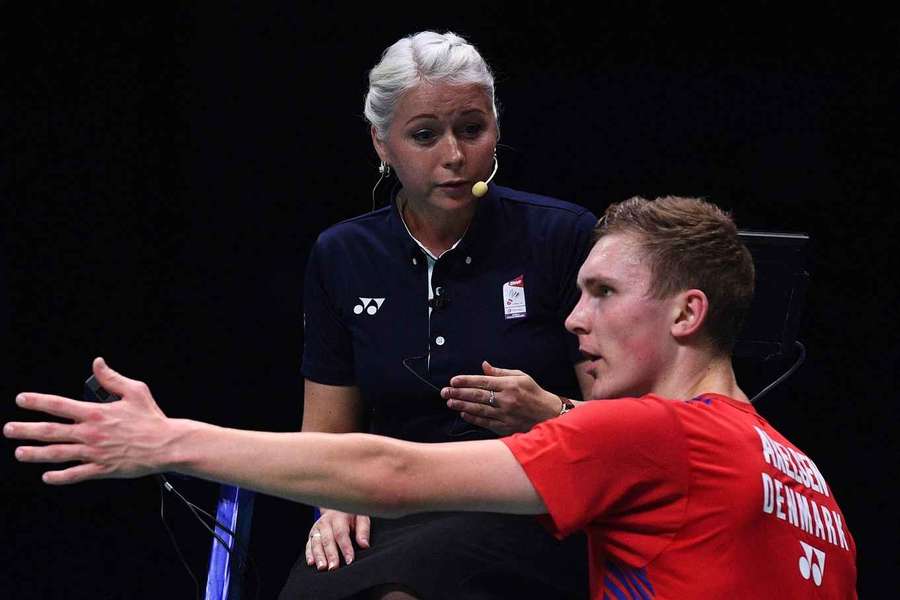The Badminton World Federation (BWF) writes on its website that "starting in 2026," it will introduce a time clock in selected major championships and World Tour tournaments.
According to the BWF, the hope is that the introduction of a time clock will limit players' delaying play on purpose. Currently, referees are asked to make a subjective assessment after each duel in terms of how long the delay should last.
The BWF Council approved the following principles for implementation:
Players are allocated 25 seconds between each rally.
The clock starts when the umpire updates the score.
The server must be ready to serve before the end of 25 seconds.
The receiver must be ready to receive when the server is in a position to serve.
Umpires have the discretion, using their best judgment, to allow more than 25 seconds between rallies (i.e., not enforce), depending on circumstances (e.g., medical intervention, significant mopping required, etc.); and
Two-time Olympic champion Viktor Axelsen says he is a fan of the initiative, which he has also called for in the past.
"I think it is a really good initiative in terms of tackling the problem of time delay, which is sometimes a pretty big problem", says Axelsen, who is, however, worried about how the initiative will be implemented.
Axelsen sees a challenge in how the time clock will work in practice – specifically in situations where the referees have to deal with sweat on the court and similar scenarios:
"How can referees distinguish between situations where it is actually necessary to dry the court and the others where the players will abuse the opportunity to dry sweat away?", Axelsen asks and adds:
"In that way, I see it a bit like with the new service rule that was introduced; one thing is what the rule is, but another thing is how it is enforced. How consistent are the referees in using the different measures?"
Axelsen's Danish compatriot Anders Antonsen is also concerned about the new initiative.
"I imagine scenarios where players start duels on a wet floor because they are pressured into it by the referee or don't feel they have the time to look at the floor carefully. It is dangerous if a player slips and damages his knee..."
"I see scenarios where players constantly have to throw themselves or lie down on the floor to extend the breaks and be physically involved. I fear a chaos that the referees can't administer, says Anders Antonsen.

